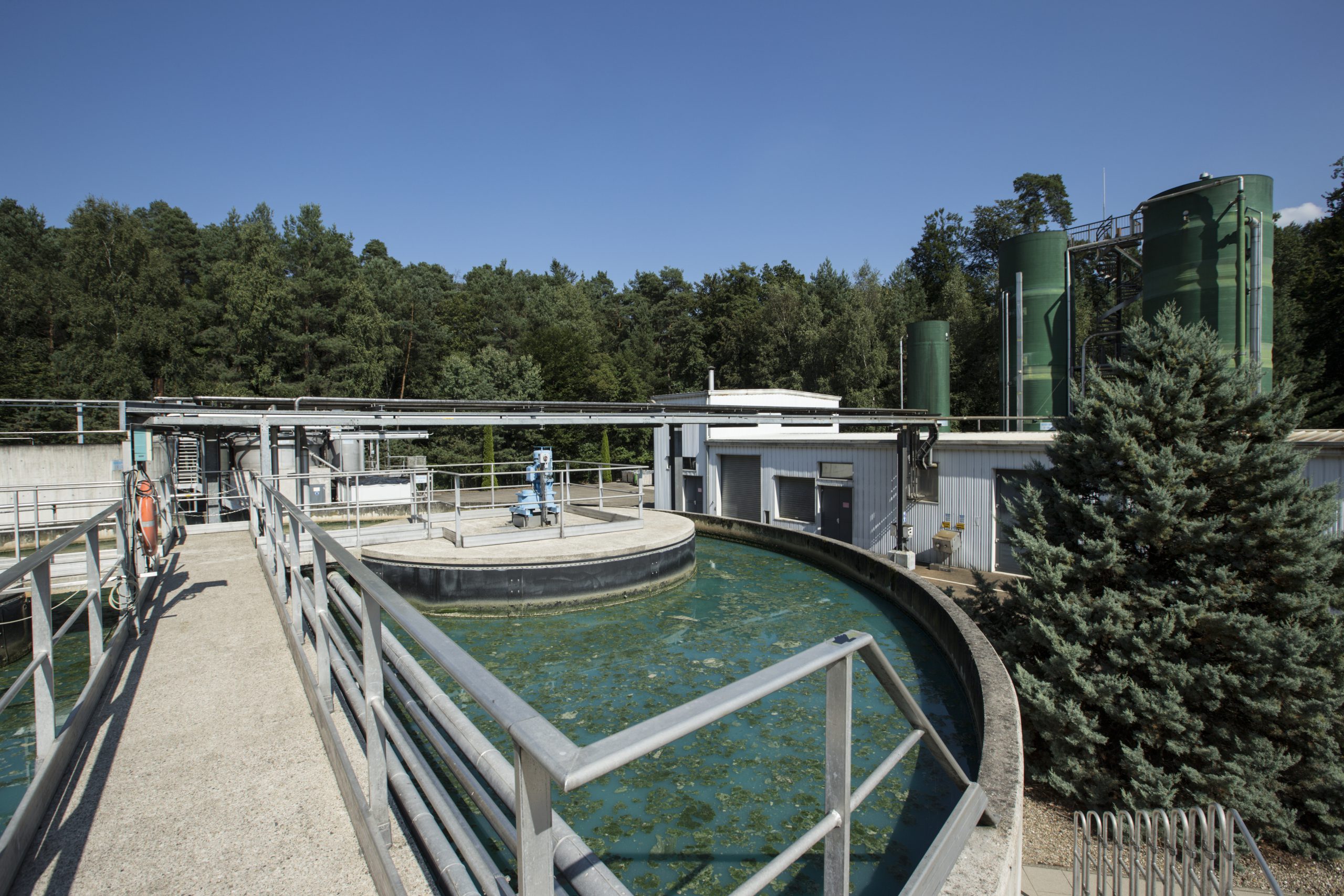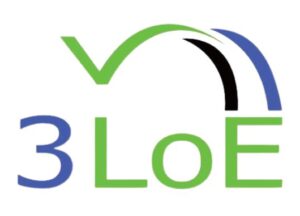
The Water School as a participant in the project 3LoE, has organized the course "Sustainable Wastewater Management in the Circular Economy: Approaches and Solutions"75 hours of online self-study.
The main objective of this program is to acquire knowledge to cUnderstand the principles and processes involved in recycling water from purification, including technologies and practices for its safe and sustainable reuse.
Acquire knowledge about the technologies and strategies available to modernize a wastewater treatment plant, with the aim of improving its efficiency, performance and regulatory compliance.
Develop skills to identify opportunities to improve the energy efficiency of water-related facilities, as well as to implement measures and solutions that reduce energy consumption and promote sustainable practices.


By completing the course, you will obtain the following skills:
The methodology for acquiring skills is designed in online mode.
1. Uses of regenerated water. Water quality depending on use.
2. Water regeneration technologies
3. Water quality control and analytical plan
4. Adaptation of resources to client needs
1. Why a 21st century WWTP? Economic, social reasons and environmental?
2. Emerging technologies
3. By-product recovery
4. Control systems
5. Emerging pollutants
1. Energy concepts
2 Energy consumption in the integral water cycle
3. Regulatory framework
4 Comprehensive energy management
5 Energy audit
6 Energy generation
Maig 2024
75 hours
Spanish
Free
Online